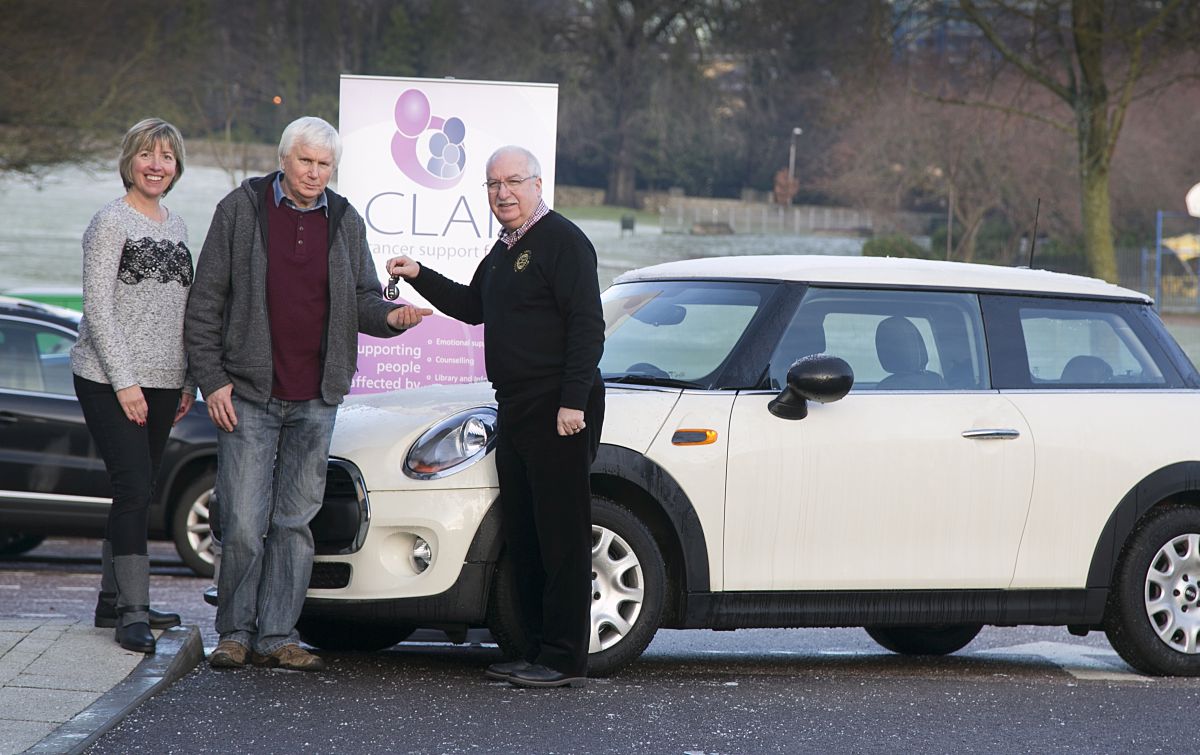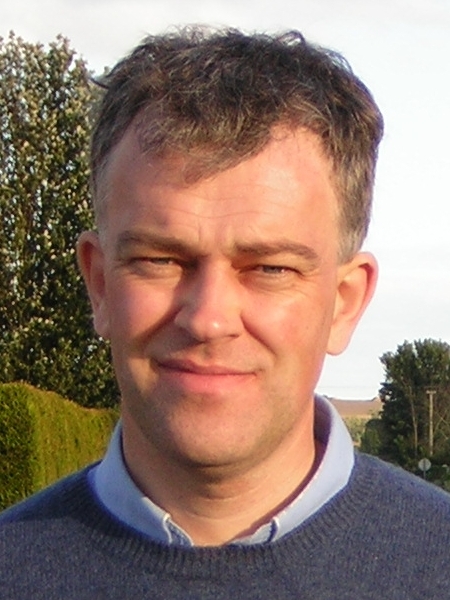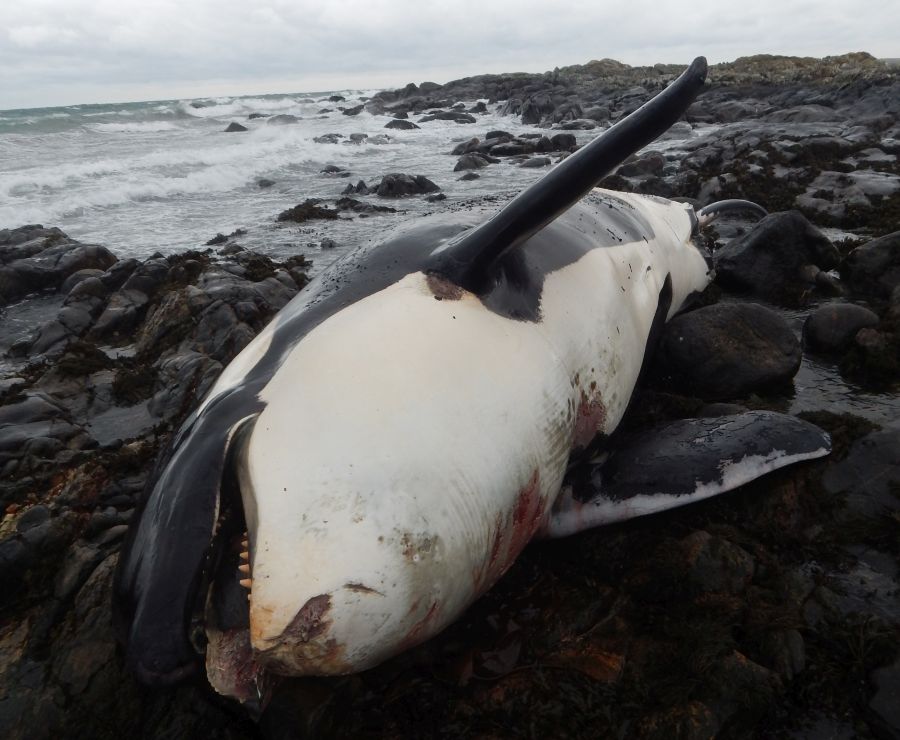With thanks to Esther Green, Senior Account Executive, Tricker PR.

Deafness is no barrier to children achieving great things, parents will learn on a weekend course run by NCDS and funded by Aberdeen Asset Management’s Charitable Foundation.
Parents will learn that deafness is no barrier to preventing their child achieving their dreams on a weekend course dedicated to providing peer support, expert advice and professional information for families getting to grips with a diagnosis.
Over 90% of deaf children in Scotland are from hearing families with no previous history or experience of deafness, so for many parents the diagnosis comes as a devastating and overwhelming shock.
Help is on hand from the National Deaf Children’s Society (NCDS) which, with a grant from Aberdeen Asset Management’s Charitable Foundation, is organising a weekend gathering for 12 families with deaf babies or toddlers living in Scotland to share experiences and learn more about the help and support available to them.
From birth through to independence, the NCDS supports deaf children and young people but in the early years of a child’s development, it is parents who will need the charity the most. With the low incidence of deafness in Scotland, families often find themselves to be unique within their immediate communities, leading to feelings of isolation and uncertainty.
Heather Gray, NDCS director for Scotland and Northern Ireland explains:
“The NDCS Early Years weekends empower and inform parents at a crucial stage in their child’s development, and offer vital support and advice at a time when parents are still getting to grips with their child’s diagnosis.
“Families receive clear, unbiased information from audiology, education and from local sources of support over the course of the weekend, giving parents the opportunity to explore the options that are available to their child and ask the questions they have been unable to ask in busy everyday situations.
“Through receiving this information in a safe and relaxed environment, parents are able to gain an understanding of childhood deafness and develop a network of support which can assist them now and in the future.”
By bringing families together, parents have the opportunity to share their experiences and access vital peer support that can often exist far beyond the weekend itself. In addition, families also find reassurance in the shared experiences of parent volunteers, and inspiration and encouragement through speaking to young deaf role models.
The NCDS has its Scottish headquarters in Glasgow, and the families weekend, open to families from across Scotland with a deaf child from birth to two years old, will take place in Edinburgh in February 2016.
The impact of NDCS’ Early Years weekends is clear – all parents who attended weekends in 2014 said they felt more positive about their child’s future, and all agreed that the weekend helped them to make positive decisions and choices. 100% of families also felt more confident in working with professionals to ensure the right support for their child. Over the two days, families become informed, empowered and connected, three characteristics that stay with them long into the future.
One parent said:
“I have learned more about my child’s hearing loss in the past two days than I have in the past two months.’ It was eye opening to hear other people with similar or even more difficult circumstances. Great to share stories about struggles.”
Karin Hyland, of Aberdeen Asset Management’s Charitable Foundation said: “The weekend will help 12 families; enabling parents to become part of a positive community network of mutual self-support.
“Families will also be informed about access to services which encourage improved community relations, reduce isolation and improve peer support through this valuable outreach work by the NCDS.”
The Aberdeen Asset Charitable Foundation was established in 2012 to formalise and develop the Group’s charitable giving globally. The Foundation seeks partnerships with smaller charities around the world, where funds can be seen to have a meaningful and measurable impact and the firm encourages its employees to use their time and skills to support its charitable projects.
- Comments enabled – see comments box below. Note, all comments will be moderated.






![Eilidh Whiteford, Parliament [2015]feat](https://aberdeenvoice.com/wp-content/uploads/2015/07/Eilidh-Whiteford-Parliament-2015feat.jpg)

